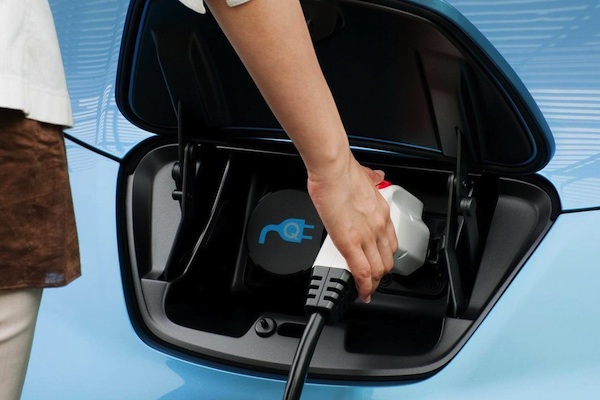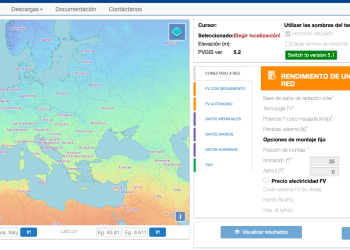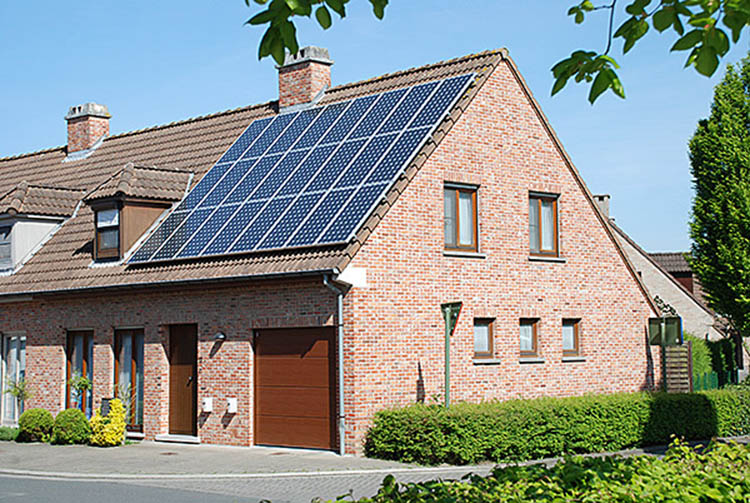ÚLTIMAS NOTICIAS
NOTICIA PATROCINADA
RENOVABLES
Lo que necesito saber sobre…
- Tarifa regulada PVPC y Tarifa de mercado libre
- Qué potencia contrato, periodos de discriminación horaria
- Cómo mejorar la eficiencia energética en casa o en la empresa
- Consejos útiles para ahorrar
- Qué hacer para poner una instalación de autoconsumo fotovoltáico en casa
- Qué hacer para poner una instalación de autoconsumo eólico en casa
MÁS NOTICIAS
El papel clave de los biocombustibles en la transición energética
El CEO de Exolum, Jorge Lanza, ha participado en el foro Wake Up Spain!, en el que ha puesto de...
Endesa sigue con sus habituales operaciones de carga de GNL en la Terminal de El Musel
Endesa sigue con las operaciones de carga de GNL en la Terminal de El Musel. Tras el llenado de tanques...
6 proyectos españoles reciben fondos europeos para estaciones de recarga y repostaje de combustibles alternativos
Seis proyectos empresariales con participación española han conseguido 102 M€ de fondos europeos para financiar la instalación de puntos de...
Grupo MET consiguió en 2023 los segundos mejores resultados financieros de su historia
Grupo MET, empresa energética con sede en Suiza, ha registrado en 2023 los segundos mejores resultados financieros de su historia...
Volvo registra su primera fábrica cero emisiones en China gracias al biogás
La de Volvo en Taizhou se ha convertido en la primera fábrica cero emisiones de la compañía en China. El...
Imagina Energía y el desarrollador alemán de software Amperecloud anuncian una colaboración estratégica
Grupo Imagina Energía, al que pertenecen la instaladora líder Quantica Renovables y la comercializadora Imagina Energía, ha anunciado una colaboración...
Los eurodiputados respaldan las reformas para un mercado de gas que facilite la introducción de gases renovables, incluido el hidrógeno
El Parlamento Europeo ha aprobado las medidas para la reforma del mercado del gas. Ayudará a descarbonizar el sector y...
Bioenergy Ibérica transformará las explotaciones agrarias de Cataluña con plantas de biogás
Bioenergy Ibérica, compañía de generación de renovables y gestión de residuos, realizará la transformación de explotaciones agrarias de Cataluña mediante...
Enerxétika recibió junto a ExpoMunicipal a más de 5.300 visitantes
La Feira Internacional de Galicia ABANCA cerró el pasado sábado las puertas de la cuarta edición de la feria de...
Iberdrola rebasa los 42.300 MW de capacidad renovable en todo el mundo
Iberdrola hace cuentas ante la Comisión Nacional del Mercado de Valores (CNMV) y revela que la capacidad renovable del grupo...














































